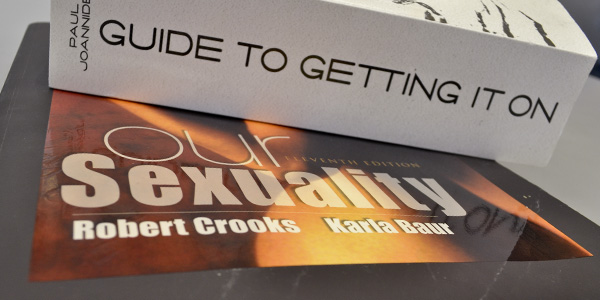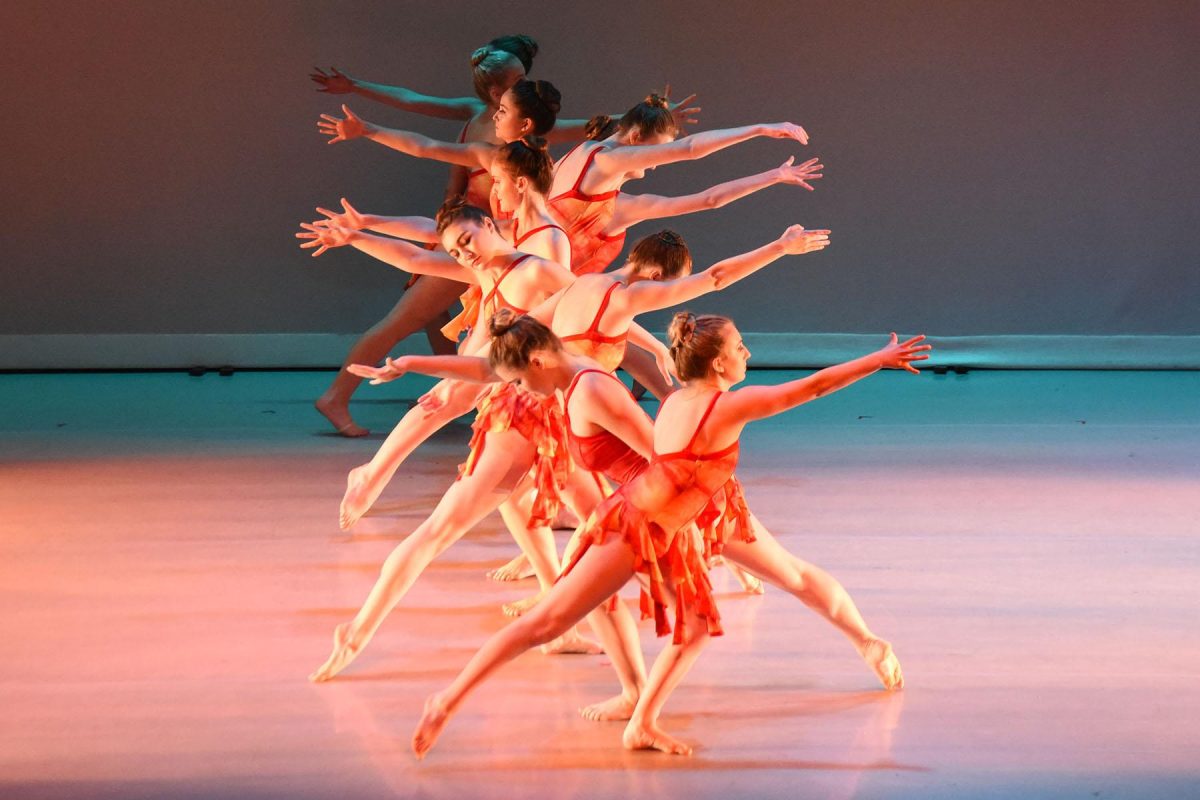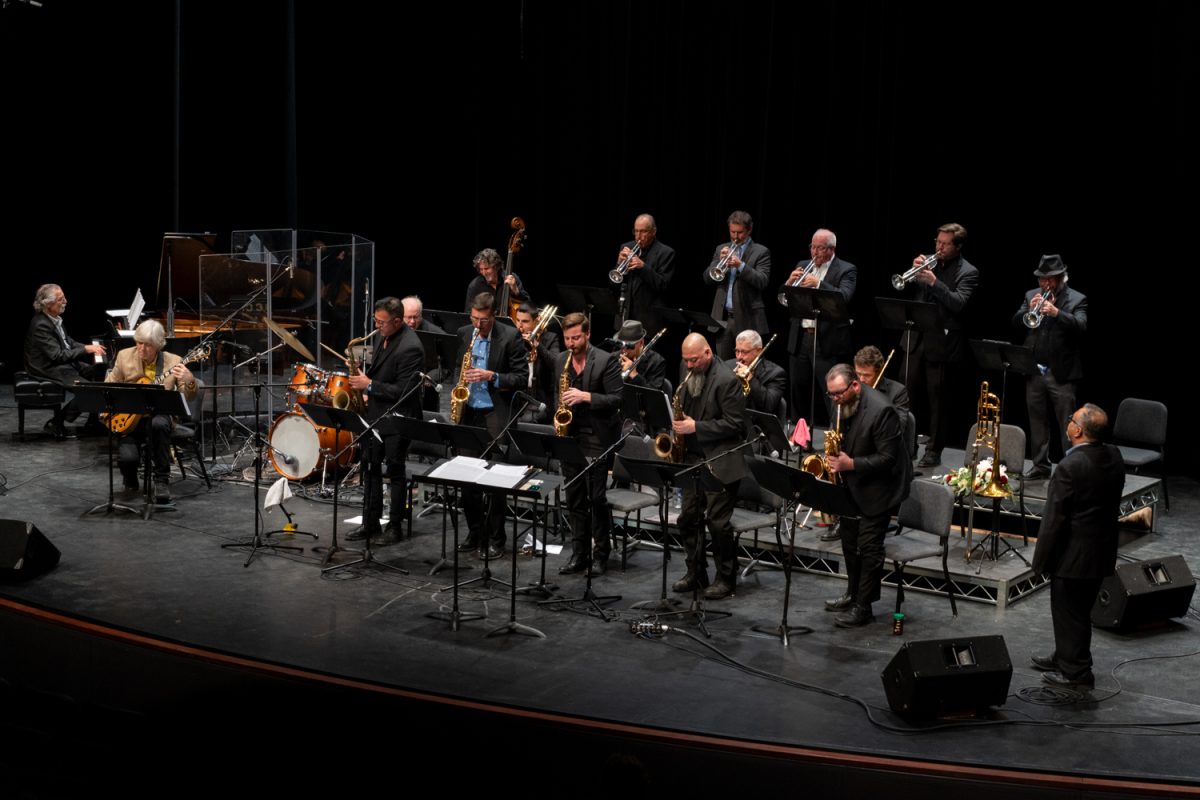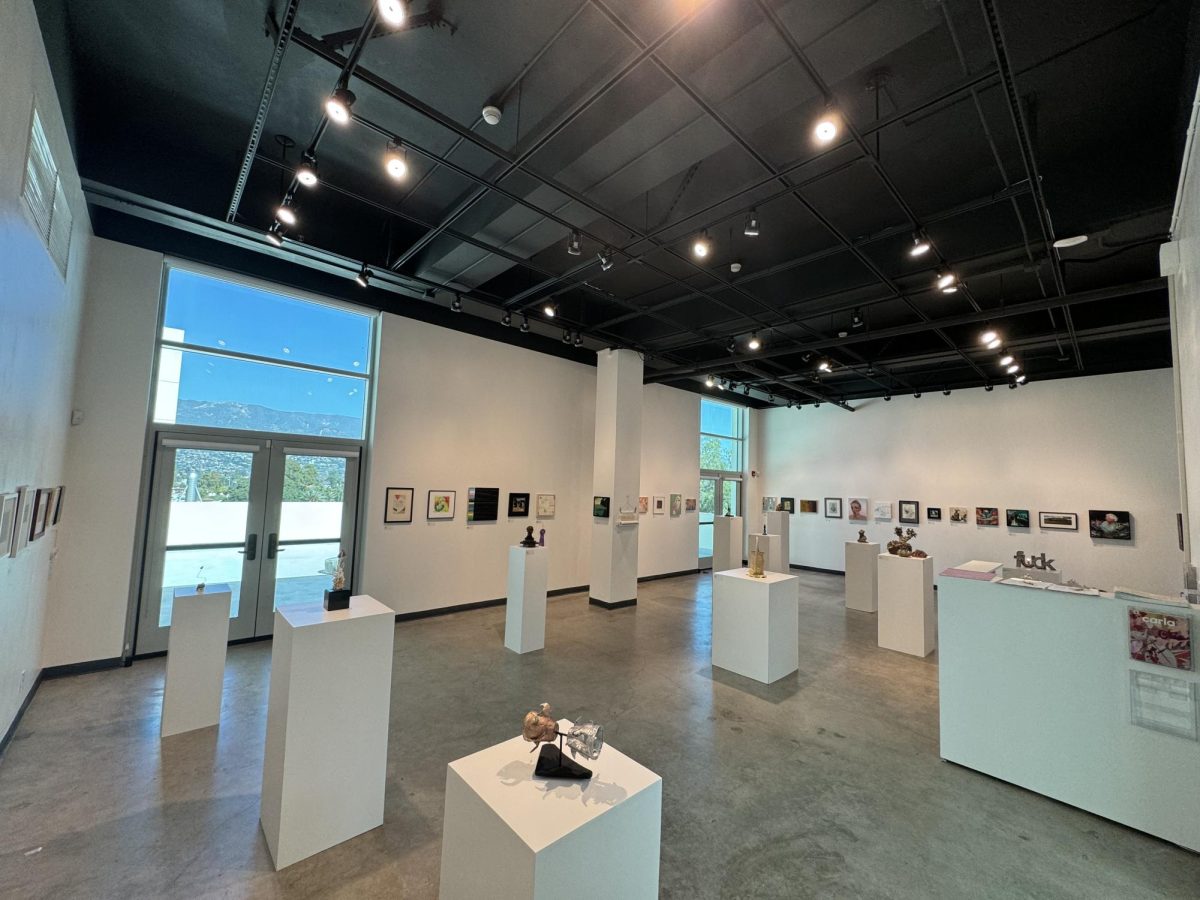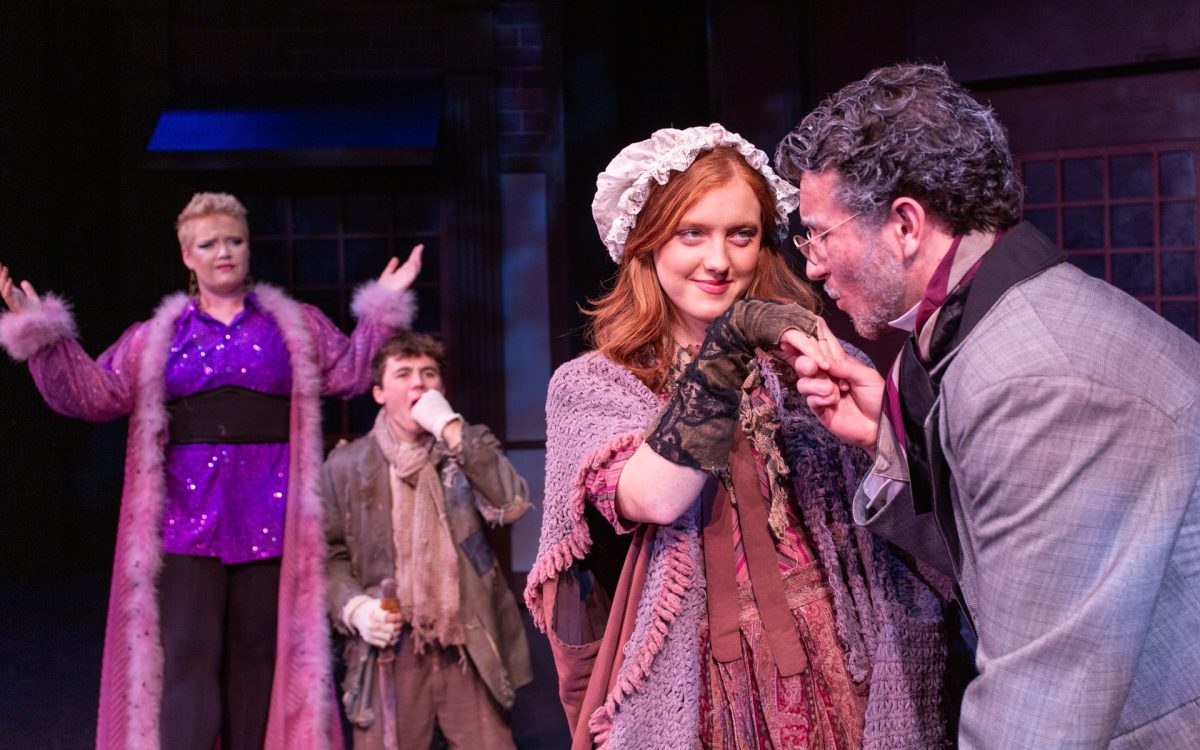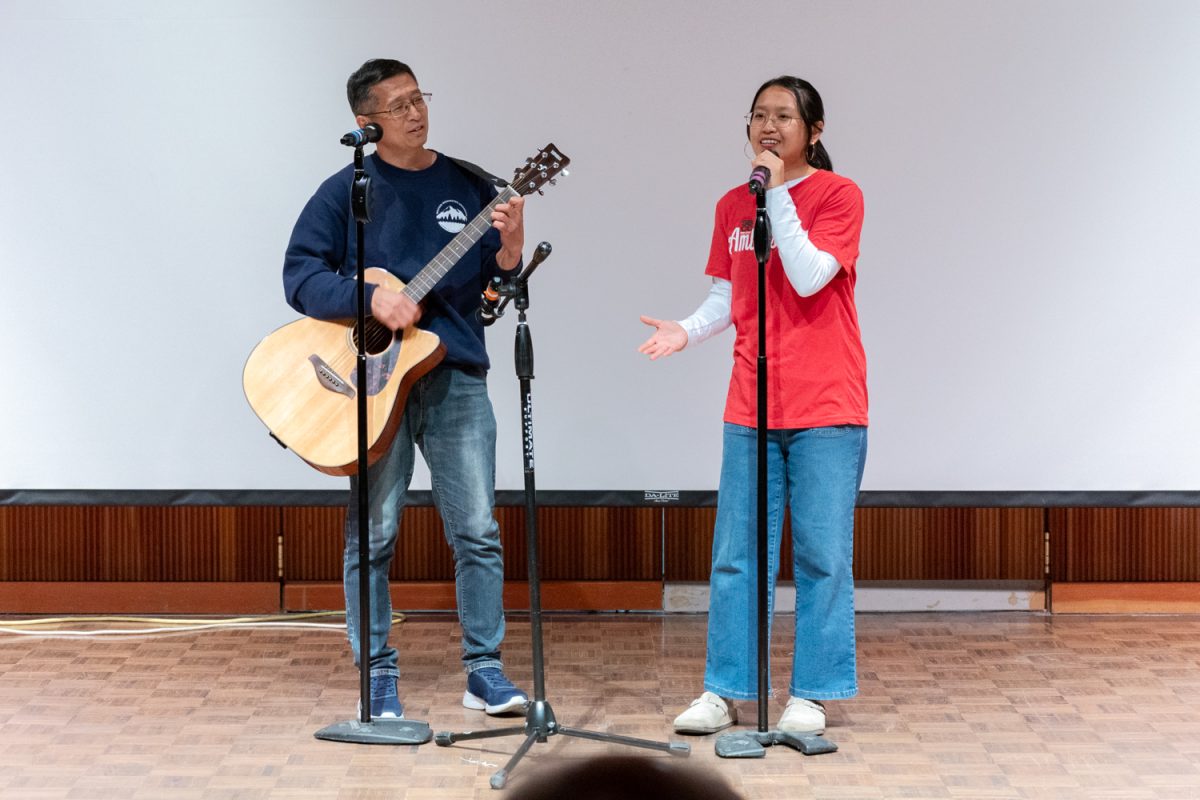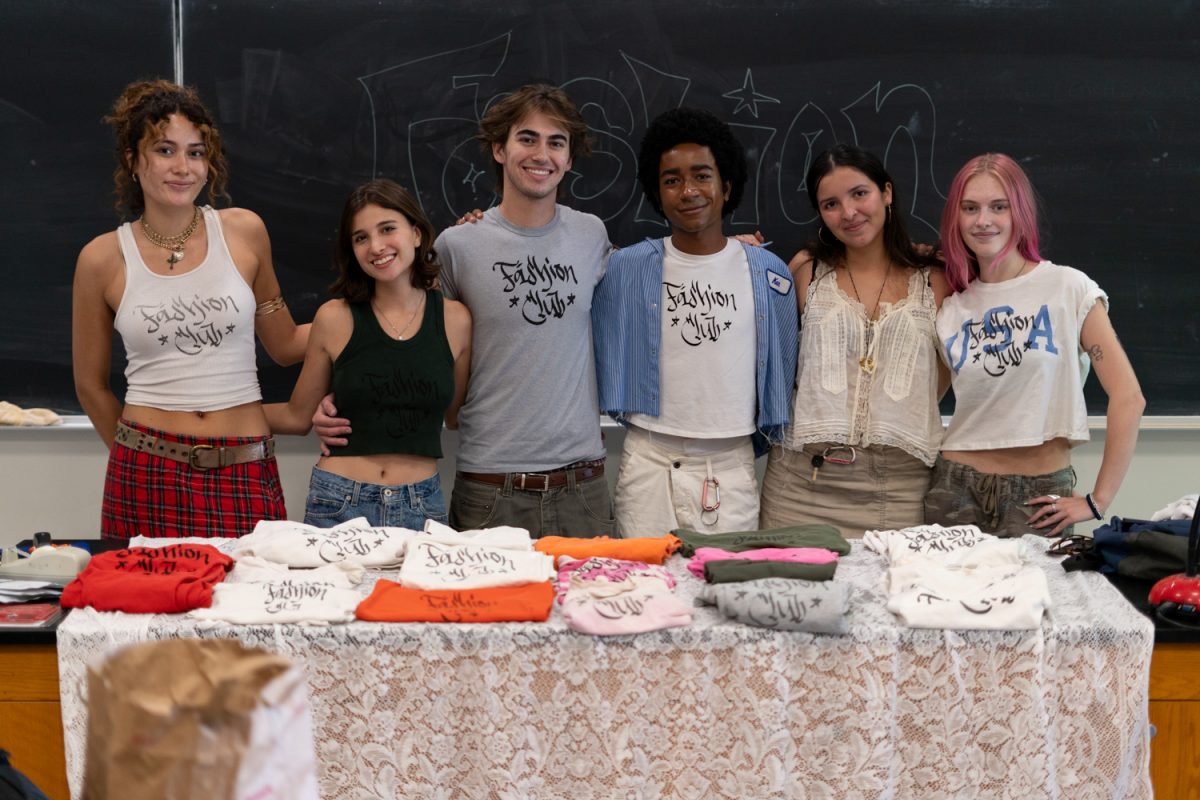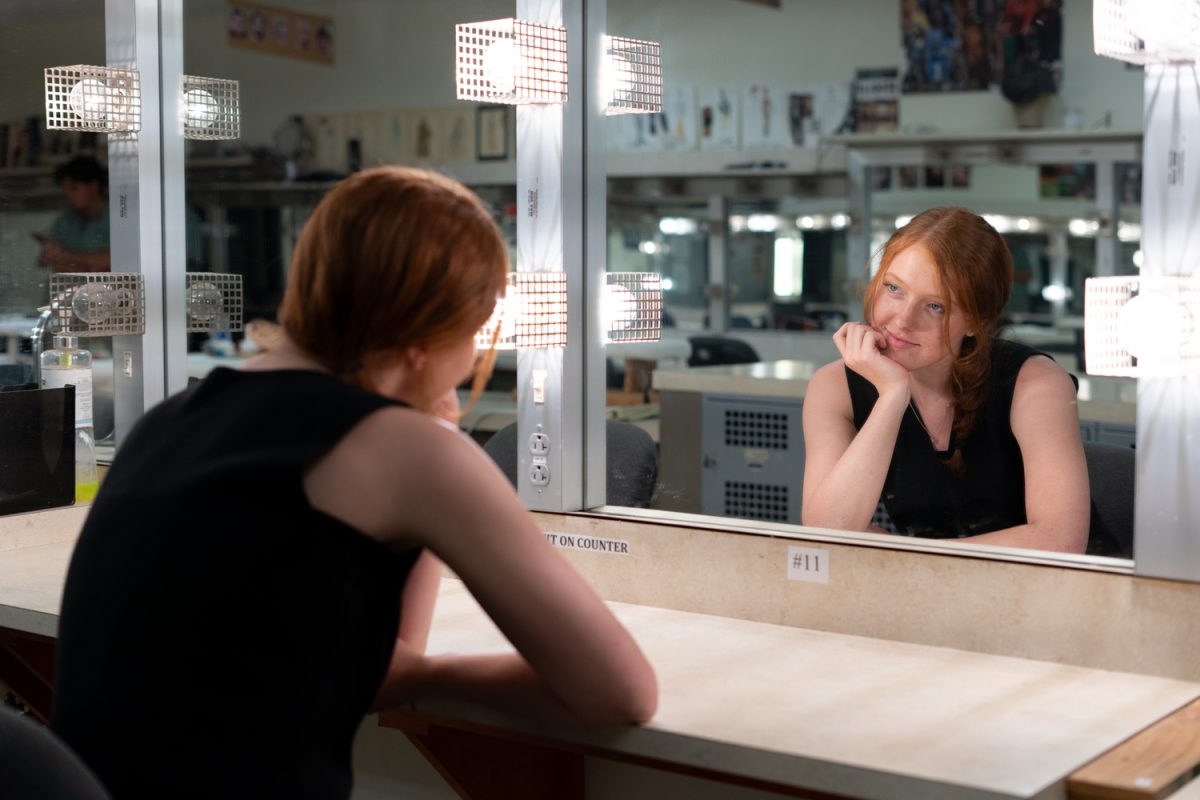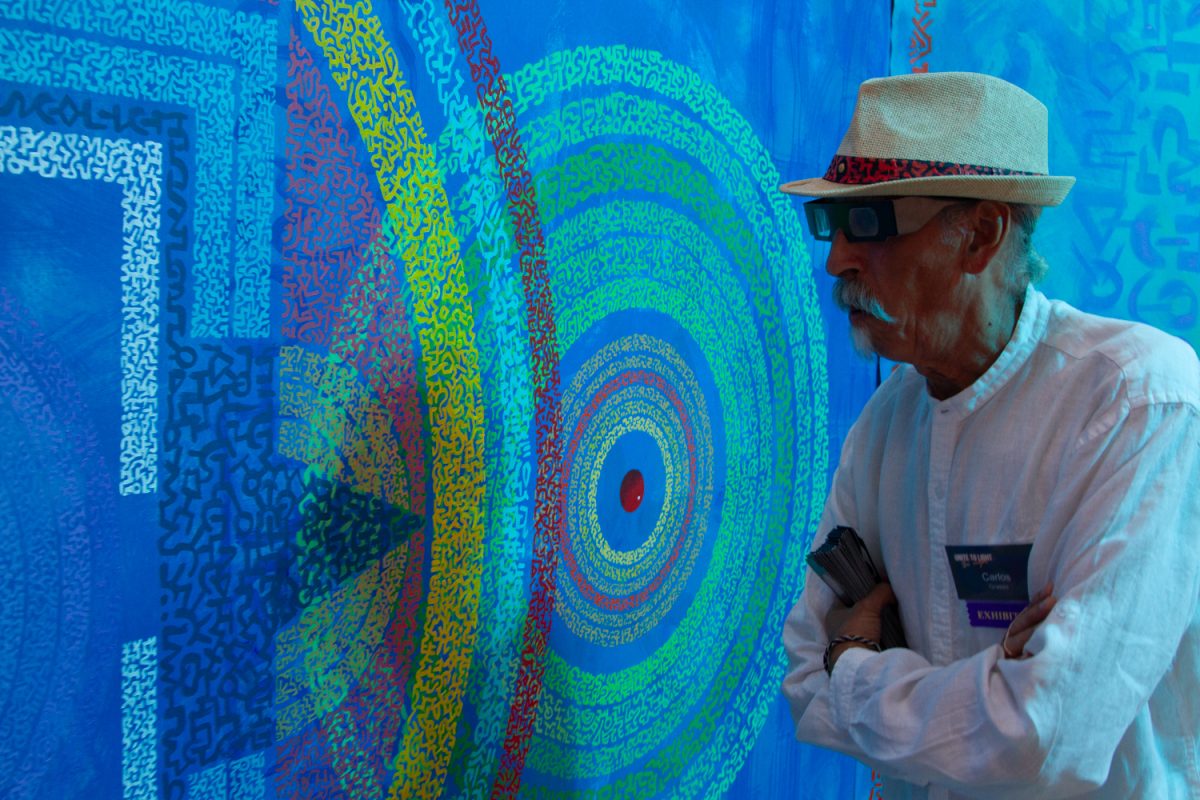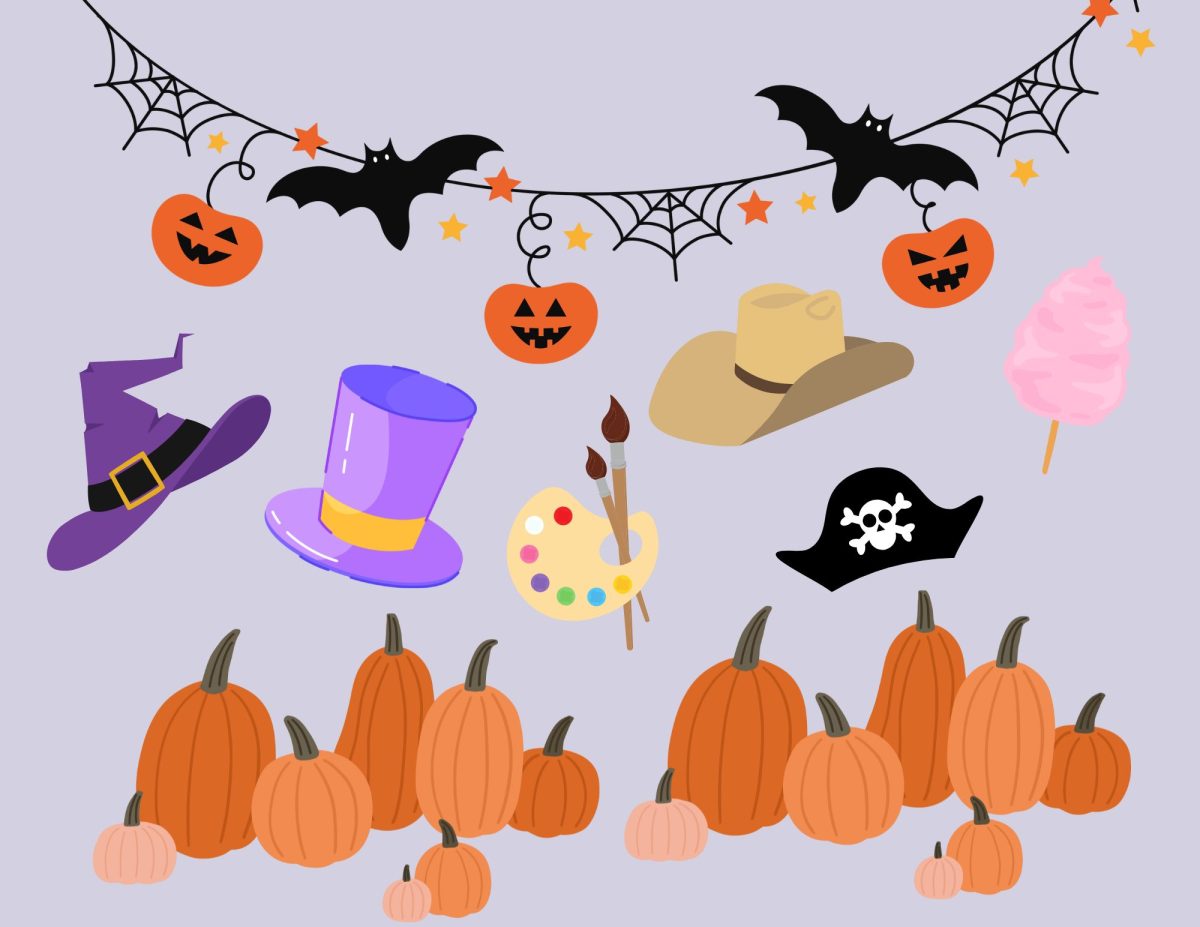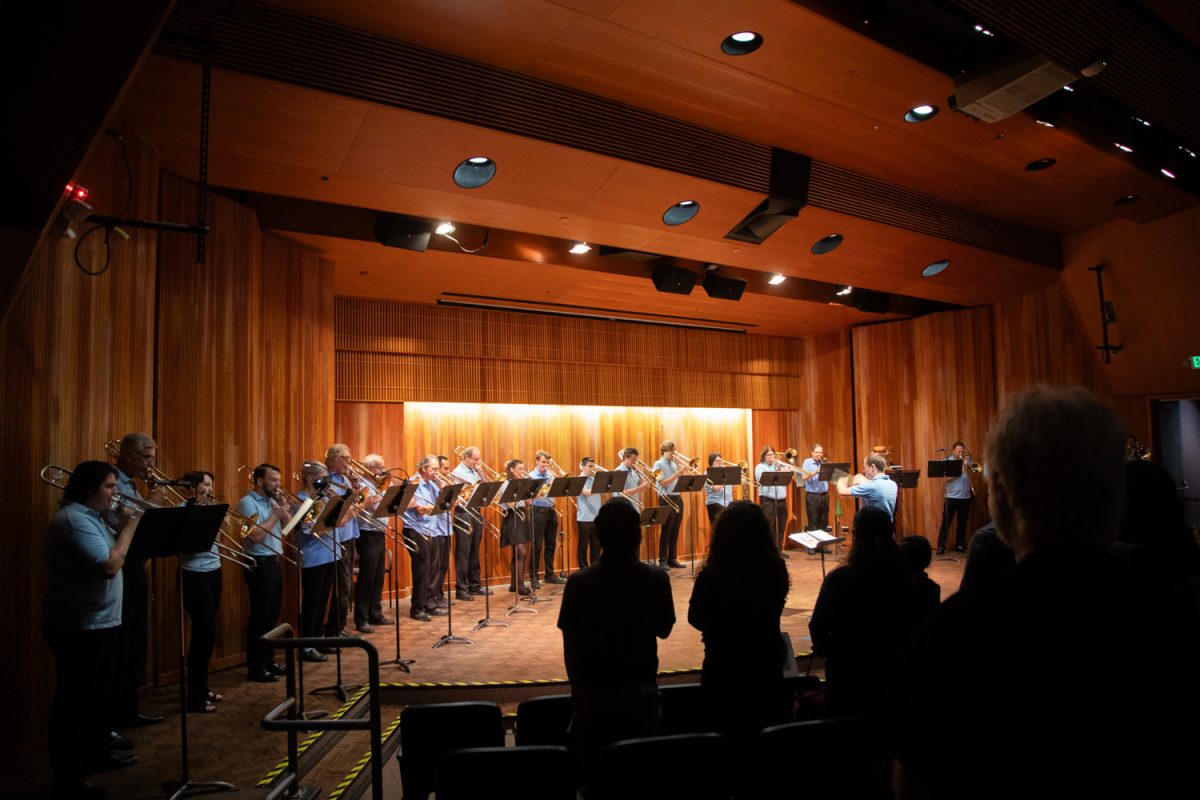Sex education has certainly come a long way from the awkward days of learning how to roll a condom onto a banana.
Gone are the days of preaching abstinence and segregated talks for boys and girls.
In City College’s human sexuality classes, students can expect nothing less than a completely relaxed environment that encourages everyone to open up, learn about others and explore their sexuality.
Professor Scott McCann teaches the Health 111 – Understanding Human Sexuality course and believes this type of instruction is vital and often overlooked.
“You get several thousand hours of math instruction,” McCann said. “I took calculus, trig, algebra, none of which I ever used. And how much sex education do we get, maybe 5 or 6 hours? And how much of it comes up in life?”
The curriculum is based on unique assignments, exploratory activities, guest speakers and liberal class discussion.
“It really changes the way that you talk about things,” said Ryder Fitzpatrick, 22, a music major in the class. “America’s very closed about sexuality.”
McCann recognizes that sex is a difficult thing to talk about, and says he uses humor to try and make things easier.
Last week’s talk encompassed a range of topics from healthy sexual experimentation including a look at why it’s wrong to have your pet lick peanut butter off your privates.
Students in the class are asked to anonymously fill in a survey with questions about everything from their sexual orientation, to frequency of masturbation, number of partners, and health history.
“I look at movies and TV and there’s very few healthy portrayals of sexuality,” McCann said. “Nobody gets pregnant, nobody gets [sexually transmitted diseases]. I view this class as a place where students can get an honest picture of sexuality.”
KUFF, or Kink University of Fetish Fellowship, of UCSB visited the class last week and spoke about the world of bondage, discipline, submission, sadism and masochism (BDSM) and how engage in it in a safe, sane and consensual way.
A self-proclaimed “friendly neighborhood kink club,” they also preached a greater message of tolerance for different sexual preferences and practices, reminding students not to “yuck someone else’s yum.”
For the more faint-hearted, Professor Janet Minehan offers the PSY 125 – Psychology of Human Sexuality course, an equally open class with slightly less explicit material.
Her class focuses on a biopsychosocial approach and attempts to answer the questions: How come? What function? And why?
Minehan also feels strongly about the need for open, honest communication about sex.
“Research was done that shows people lie more about their sexual behavior than they do about their income tax,” she said.
She asks students to stretch themselves and promotes lots of class participation.
“It’s kind of like group therapy,” said Maya Doerr, 22, a sociology and anthropology major enrolled in the class. “High school sex-ed is not going to cut it.”
Ean Ebbert, 18, an anthropology major who’s also taking the class advocates it because it’s applicable to real life.
“When the topic is yourself it’s hard to not be invested,” Ebbert said. “I mean, who doesn’t want to know more about sex and just be a better lover, period?“
Last week’s class also featured a look at BDSM as well as a discussion of eroticism and love with visit from guest speaker Alyson Bostwick who talked about sexual victimization.
The comfort and support classmates offer each other in both classes has allowed students who have been sexually abused to open up about their experiences, some for the very first time.
“That shows the real need for this kind of open communication,” McCann said.
The classes both welcome a diverse panel of guest speakers over the course of the semester including transsexuals, gay and lesbian speakers, sex shop workers, counselors and community health educators.
Assignments are far from what one would expect in a traditional sex ed class. Both classes encourage students to do a genital self-exam and then write a paper on their experience.
“This is not an assignment that you’re going to get in accounting,” Minehan said. “It may seem absolutely weird to be doing this but I want students to become familiar with themselves.”
The classes swear by “The Guide to Getting it On,” by Paul Joannides, which covers everything from handjobs to pregnancy, romance, ‘how-to’s and sex in culture.
Minehan believes it is important for young people’s views on sex to be recognized.
“In our generation, either people didn’t do it as much or didn’t talk about it,” McCann said.
Ultimately, both teachers agree that these types of classes are an essential part of a full, modern-day, college education.
An earlier version of this article was updated at 12:40 p.m., May 7.


